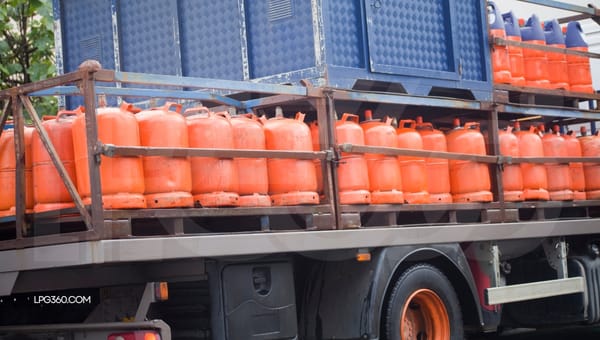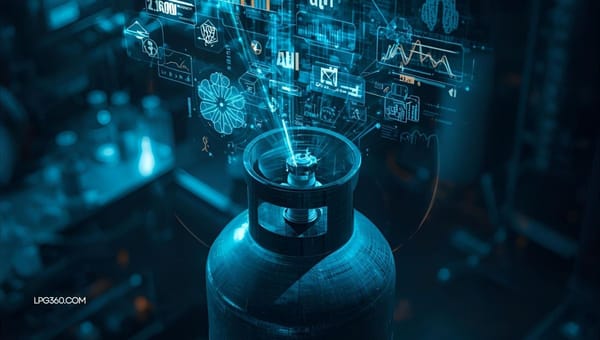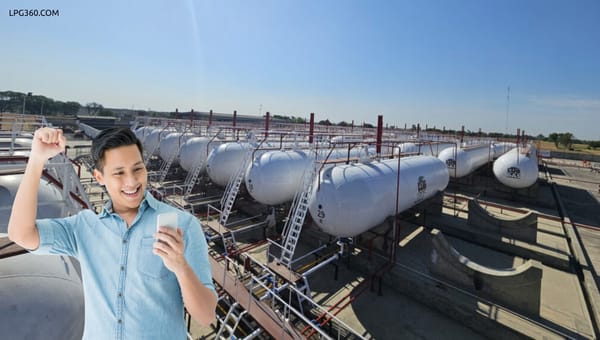LPG Cylinder Maintenance and Safety
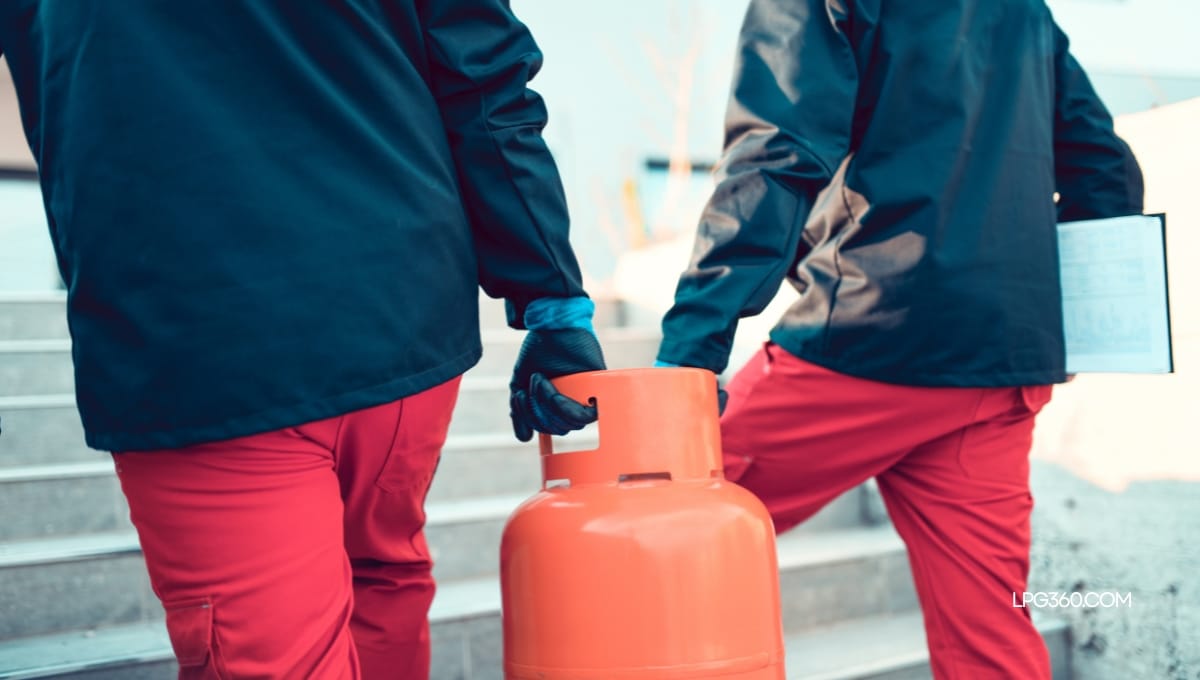
LPG cylinders are a reliable source of energy, powering countless homes and businesses around the world. While they offer convenience and efficiency, they also demand responsible handling. Even minor negligence can result in fires, explosions, or gas poisoning—making regular maintenance non-negotiable. By taking simple yet crucial safety measures, users can prevent mishaps and enjoy uninterrupted, safe usage. To ensure optimal performance and safety, proper LPG cylinder maintenance is essential.
Tips for LPG Cylinder Maintenance and Safety
1. Regular Inspections
One of the most important aspects of LPG cylinder maintenance is conducting regular inspections. Always check the cylinder for any visible signs of damage such as rust, dents, or corrosion. Ensure the valve is functioning properly and free from dirt or debris. Early detection of minor issues can prevent major safety risks in the future.
2. Proper Storage Conditions
Storing LPG cylinders in a safe and secure location is crucial. Keep cylinders away from heat sources, open flames, and high humidity areas. Always store them upright on a flat surface in a well-ventilated space. This reduces the risk of leaks and prevents gas accumulation in case of a fault.
3. Checking for Gas Leaks
Gas leaks are a serious safety concern. To detect a leak, apply a soapy water solution to the valve and pipe connections—bubbles will form if there’s a leak. Never use a match or flame to check for leaks. If you suspect leakage, shut off the supply immediately and contact a professional. Also, ensure secure connections before every use.
4. Safe Usage and Handling
Always handle LPG cylinders with care, especially during installation or replacement. Keep the surrounding area dry and free from flammable items. Always turn off the valve when not in use, and never attempt to tamper with or modify the cylinder fittings. Use a cylinder that matches the appliance specifications to avoid pressure or connection issues.
5. Checking Expiry Dates
LPG cylinders have a manufacturing or revalidation date stamped on the metal strip near the valve. Using a cylinder past its expiry date can be dangerous. Check regularly, and return expired cylinders to your supplier for proper inspection or replacement.
6. Professional Servicing
For comprehensive safety, consider having your LPG cylinder and connections inspected by certified professionals. Experts can perform detailed assessments such as pressure testing, valve inspections, and leak detection that may not be obvious to users. Periodic professional maintenance ensures long-term safety and optimal performance.
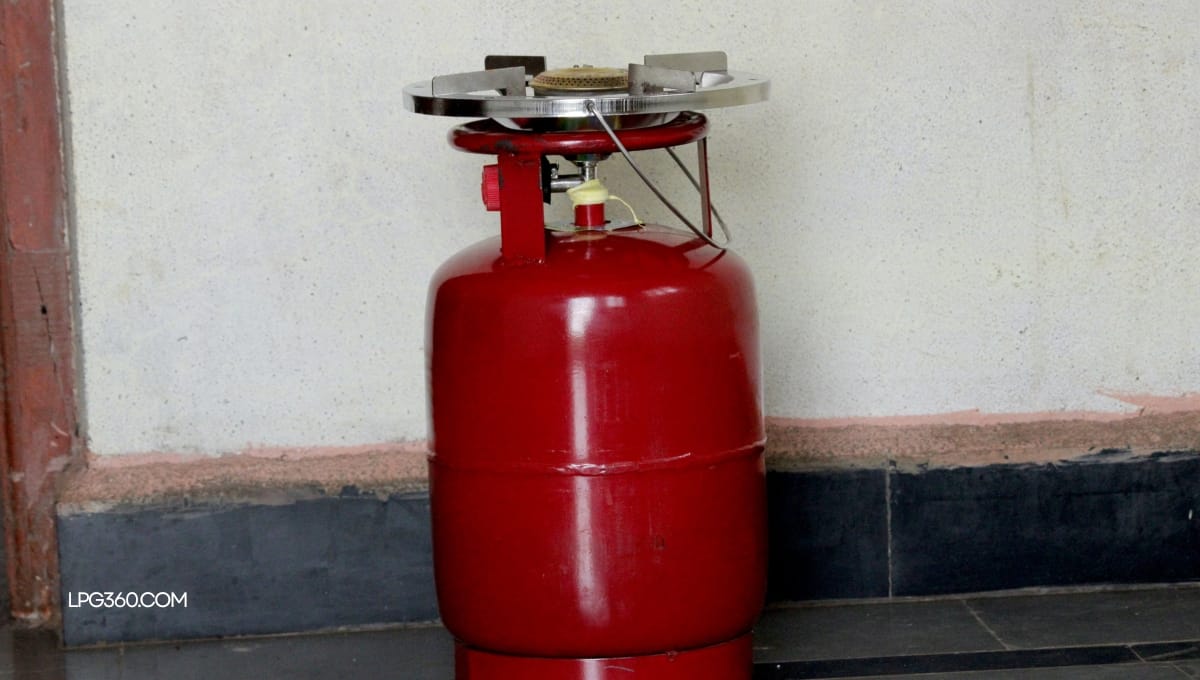
Conclusion
Maintaining your LPG cylinder properly is vital for ensuring safety and avoiding unnecessary accidents. Regular inspections, correct storage, and timely servicing can greatly reduce risks and extend the life of your cylinder. Always follow the recommended safety practices, and when in doubt, consult with a qualified technician.
Ensure your LPG cylinders are safe and functional. Regular maintenance and safety checks will keep your household or business energy-efficient and risk-free.
#LPG #LPG360 #LPGSafety #CylinderMaintenance #GasLeaks #LPGHandling #LPGStorage #SafetyFirst #GasCylinderCare #LPGService #SafeEnergy #EnergyEfficiency #GasLeakDetection #ProfessionalMaintenance #LPGGas #GasCylinderInspection #LPGCheckup #EnergySafety #GasApplianceCare #CylinderReplacement #SafetyChecks #HomeSafety #BusinessSafety
